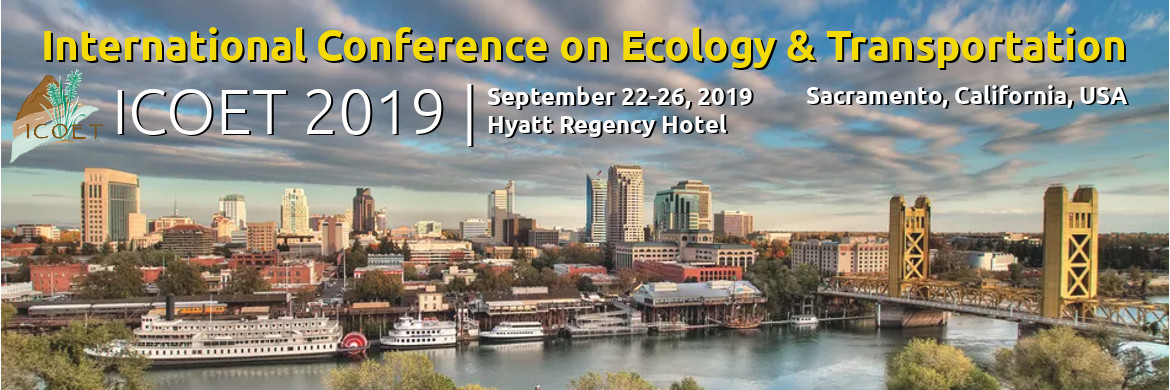Since the last ICOET, the transportation field has made significant progress towards using different data sets for predictive crash analysis. This includes use of data to understand crash risk for existing conditions and for new technologies including automated and connected vehicles. The integration of existing data with new big data sources are improving our understanding of crash risk, and can better help us mitigate that risk. The traditional approaches used for identifying crash hot spots can and have been adapted to the identification of wildlife vehicle collision hotspots, and can better be applied to address the specific safety and ecological risks associated with wildlife vehicle collisions.
In addition, progress in the area of data visualization, allows users to not just provide, but also share new insights to policy makers at various levels, better demonstrating the need for investment in this area.
Newly available data sets, and recent investment in building data sets makes the 2019 ICOET an ideal time to perform a scan of participant activity in this area, and to discuss next steps in this area of inquiry. The US DOT and its partners have been actively working to promote the innovative use of safety data and visualization among both traditional and non-traditional stakeholders to lead to continuous safety improvement.
During this workshop, participants will share current practices, data sets and analysis methodology for identification of WVC hotspots. Participants will also define connections to new and emerging transportation technologies including such as automated vehicles and autonomous vehicles.
After the group discusses existing practices, the attendees of the workshop will be able to identify key information and research gaps as well as emerging issues that will need attention over the next three to five years.
Through this session, the participants will gain a broad understanding of research prioritization in this area that can be undertaken by the US Department of Transportation, University Transportation Centers, and other relevant research organizations.
Dan Buford, FHWA; Julianne Schwarzer, Volpe Center
Carmel
